On April 5, 2016, CRA cancelled Interpretation Bulletin IT-178R3, Moving Expenses, and replaced it with Folio S1-F3-C4, Moving Expenses. Some additions to the Folio that were not previously in the IT include:
Students resident in Canada who carry out an eligible relocation to attend an educational institution may deduct moving expenses against non-exempt scholarships (Paragraph 56(1)(n)) and research grants (Paragraph 56(1)(o)).
- Increased discussion to emphasize the importance of the connection between moving and business, employment, or attendance at an educational institution.
- Discussion on moves for self-employed individuals.
- Discussion has been added concerning the impact of a delay in selling the old residence on the eligibility of expenses related to such a sale.
- Two examples are given to illustrate the treatment of moving expenses in the context of multiple moves.
- Commentary that a move that occurs solely for personal purposes cannot be considered an eligible relocation. “these Folio updates”
For further information see VTN Monthly Tax Update Seminar, Issue No. 418
